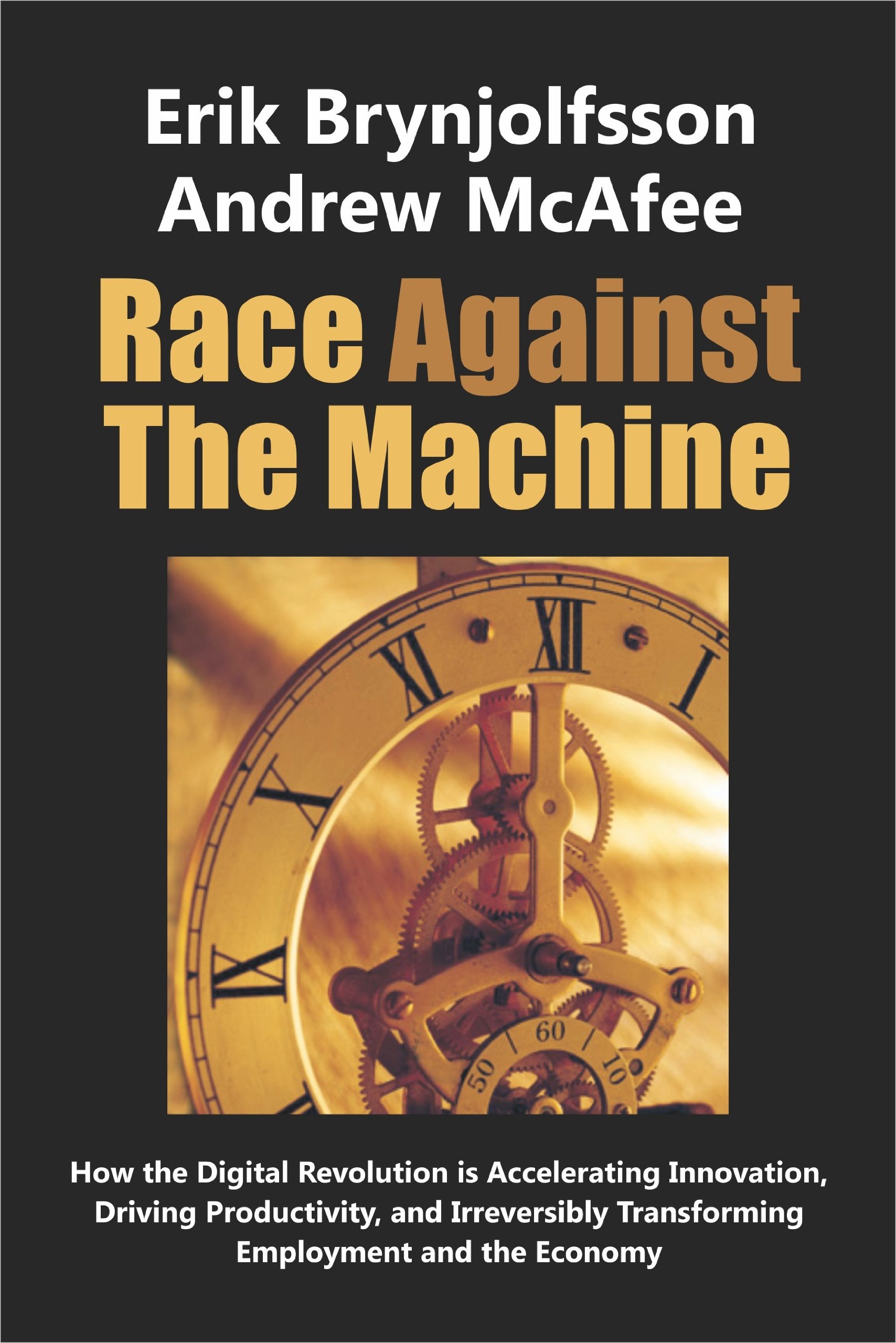There are many jobs that are now obsolete, or will be due to technological progress. Not only are many 'labor' jobs being rendered obsolete, but so are many 'mundane' white collar jobs.
Toll-booth operators are obsolete (or will be)
Bookkeepers are obsolete (or will be)
Many back-office support-services can be automated or re-located
All cashiers could potentially be made obsolete
Many retail sales could be made obsolete (as people shop online)
Where do all these people go? During the last technological revolution, there was a relatively smooth transition from farming to manufacturing. But I honestly don't see how large swathes of the population that don't have specialized skills will fit in in the new economy.
Most of the people reading this comment will do just fine. But we face the really tough questions when dealing with the increasingly large number of people who don't have skills that are in the demand. And even if they all got the skills, employers simply wouldn't need all of them as labor becomes increasingly leveraged.
A couple professors fro MIT just wrote an e-book called 'Race Against the Machine' discussing this phenomena.
http://www.amazon.com/Race-Against-Machine-Accelerating-eboo...


http://www.amazon.com/Race-Against-Machine-Accelerating-eboo...
http://www.thelightsinthetunnel.com/